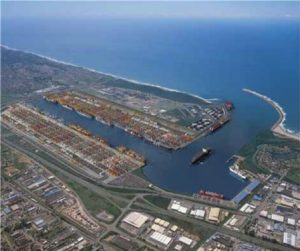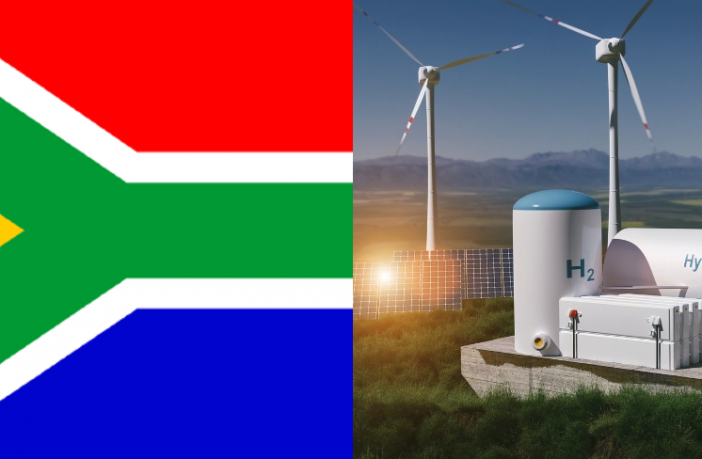- South Africa’s potential in the production of green hydrogen can be catalytic for economic growth and job creation in the aftermath of COVID-19 says South Africa’s Minister in the Presidency, Mondli Gungubele.
- The Minister was speaking during the green hydrogen stakeholder engagement at Port Nolloth in the Northern Cape yesterday.
- Nearby Boegoebaai is envisaged as a green hydrogen hub.
“South Africa can maximise the potential of green hydrogen by following a dual strategy entailing maximising the export potential of green hydrogen derivative products in the short-term and using green hydrogen as an enabler for domestic, industrial decarbonisation and attracting hard-to-abate industries to relocate to South Africa in the medium term. Both strategies would be underpinned by localisation,” Gungubele said.
“Over the past 12 months, Infrastructure South Africa (ISA) has been working with the Northern Cape and Gauteng Provincial Governments to develop catalytic green hydrogen projects that will underpin provincial green hydrogen strategies with the Northern Cape being the production hub and Gauteng being the domestic demand hub.
Related news: South Africa’s hydrogen valley gets stamp of approval

Rendering of port development in Boegoebaai, Northern Cape. Image credit: Northern Cape Government.
The two provincial governments have already signed three memoranda for the production of green hydrogen including:
- The memorandum of agreement between the Northern Cape Provincial Government and Sasol; for Sasol to be the anchor developer of the planned Boegoebaai Green H2 SEZ.
- A memorandum of agreement between Northern Cape Provincial Government and the Port of Rotterdam (PoR) for the PoR to act as a demand aggregator for green hydrogen into Europe; and
- A memorandum of agreement between the Gauteng Provincial Government and Sasol for Sasol to develop green hydrogen production facilities in Gauteng aimed at decarbonising domestic industry.
The Minister also announced that the German ministry would be supporting the project with €12.5 million in funding.
“The German government through its H2Global initiative has created a sustainable aviation fuel market trading platform which is intended to provide funding to green hydrogen products globally. South Africa has the potential to become a global sustainable aviation fuel (SAF) hub due to our renewable endowment and Fisher-Tropsch technology capabilities. Sasol is working with a number of local and international partners on a pioneering sustainable aviation fuel project at the Sasol Secunda facility. Due to its catalytic nature and its potential to contribution to a just transition, the Investment and Infrastructure Office submitted a letter of support to H2Global for the Sasol Consortium’s SAF project,” Minister Gungubele said.
The Minister reiterated that as government continues its work to recover the economy, the development of green hydrogens remains a big frontier for the country.
“Green hydrogen is not only potentially catalytic for the Northern Cape but for South Africa as a whole. It represents a real reindustrialisation vector and a potential enabler of mineral beneficiation by coupling our mineral resource endowment with green energy,” he concluded.
Author: Bryan Groenendaal











